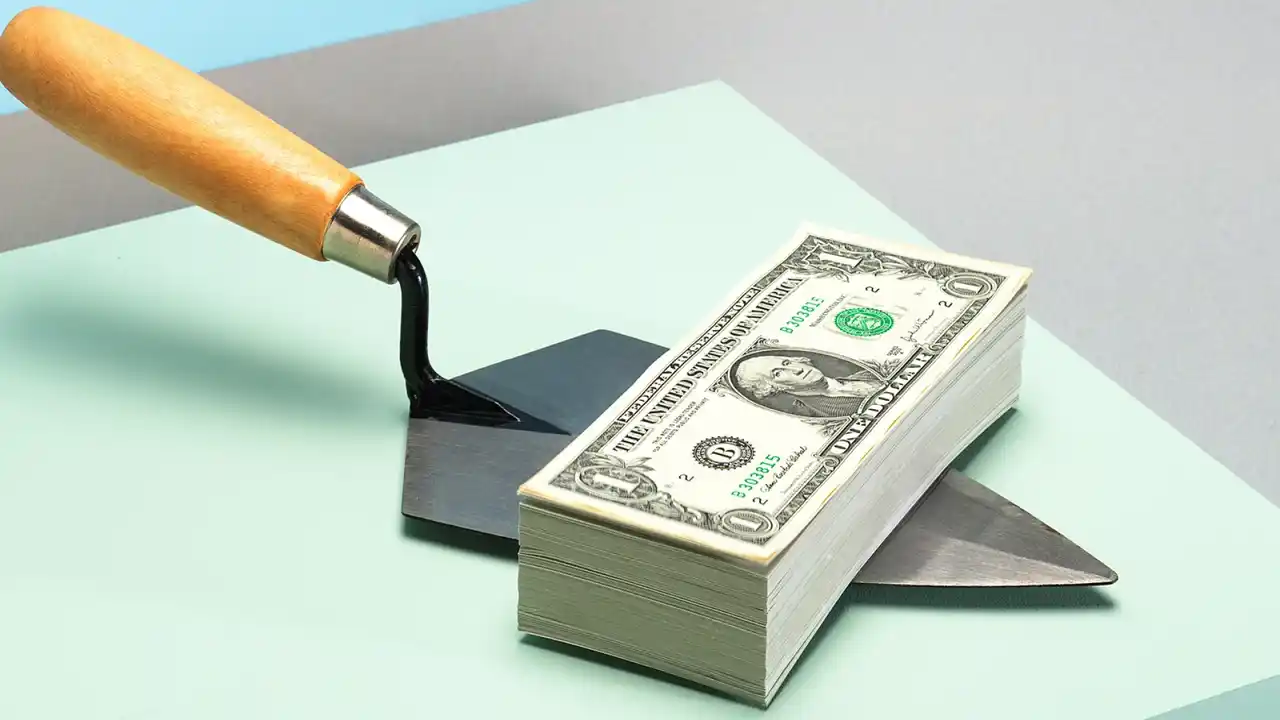Financially speaking, 2022 was a horrible year for millions of households around the world. Rising inflation coupled with soaring energy costs have driven many people to the brink. The bad news is that things look set to continue in much the same vein as we enter 2023. However, while you can’t change the external environment, you can freshen up your finances and start strong in the new year.
So what steps can you take to start the year with a fresh perspective? We’re sharing our ‘Super Six’ recommendations to start focusing on right now to make the rest of your year (and beyond) more manageable.
6 Steps to Freshen Up Your Finances in the New Year
The majority of people fail to fulfil their New Year’s resolutions, but they do their best to keep financial resolutions. Start the new year by reviewing your finances. Paying off debt, contributing to a retirement plan, and creating a budget that you can adhere to can all help you begin the New Year in better financial health.
As the new year begins, we should reflect on our past financial decisions and create preparations for a more secure future. Anyone can begin the year with a clean financial slate if they work diligently and invest the necessary time. Here are five steps you can take to do this:
Set Achievable Goals
There are all sorts of financial goals you can set yourself in 2023. Here’s a great list for inspiration, if you need it, courtesy of Wonga. Whatever resolution you decide to go for, the key is to make your goals realistic and achievable and to set a sensible timeframe in which to achieve them. You’ve once set your realistic goals, you can then create a roadmap to help you get there.
Revisit Your Household Budget
If you’ve spent the latter part of 2022 wondering how you’re going to pay the bills and praying that you don’t have any unexpected expenses, such as a vehicle breakdown or faulty household appliance, then now is the perfect time to reset.
Start the year by revisiting your budget, with the financial goals you’ve set yourself for the year in mind. Calculate your average monthly income along with your fixed and variable expenses and then reassess where you can cut back and what money, if any, you can save. Although it can be stressful, really understanding your finances and knowing where your money is going is paramount when times are tough.
Check Your Emergency Fund
Now is a great time to check your emergency fund and make sure you have a sufficient amount set aside for a rainy day. If you don’t, revisit your budget and consider what savings you can make to put away even a small amount of money every month.
As a general rule of thumb, try to build an emergency fund that can cover your living costs for at least three months. Even putting a few scraps away each week will add up over time and more importantly – you get into the habit of saving often.
Get to Grips With Your Debt
It’s very difficult to get on a firm financial footing if you’re forever battling against your debts. To make inroads into your debts, you need to be repaying off the capital amount rather than just the interest.
If you have any money spare or are expecting any extra income, use it to pay off the debts you have with the highest interest rates first. You can then think about consolidating your remaining debts for a lower rate on a single loan. Here’s an excellent guide to help you with this. Please note that It’s important to do our recommended tips in order i.e. it’s almost always worthwhile paying off outstanding debts before you move on to tip 5 and start investing.
Learn to Invest
You’ll never be as young as you are right now again. This isn’t a phrase that’s meant to trigger existential dread but rather is a call to act sooner rather than later. This applies to all of you reading this; regardless of whether you’re a young twenty-something or you’re pushing fifty and beyond.
At every age we’re likely to always worry about money and there will always be something to pay for / save for. We recommend you take a slice of your income (as modest as you like) and familiarize yourself with the investment options available to the average Joe.
For many of us the main gate-way to investment is nothing to do with money but more the fear of failure and the uncertainty of where to start. Hit up youtube for free beginner friendly guides and dip your toes into building a passive income with modest amounts. The sooner your start the better as the first pennies invested will be your most valuable in the long run.
Make Wellness a Priority
Struggling with your finances can take a huge toll on your mental and physical health. The new year can be a great time to take stock and really prioritise your wellness. Whether you take advantage of employer wellness resources or think about the free ways you can boost your physical and mental health. It is well worth investing in yourself first and foremost.
Conclusion
Take this opportunity to reiterate your New Year’s financial objectives in a clear and concise manner. Be careful not to set too many or unrealistic financial goals. If you do not, you may be unable to perform any of them.
It may be useful to keep a checklist of your progress throughout the year so that you may make any necessary adjustments. If you have a financial advisor, you may choose to discuss your goals with them.


